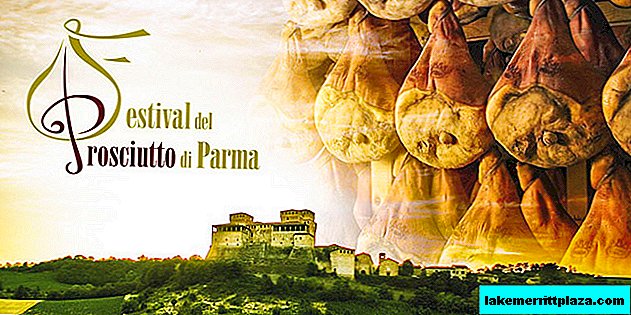The Borgo district began its history in the distant past. Once it was located outside the city walls next to the cemetery on which the Apostle Peter was buried. Over time, the number of pilgrims coming from different countries to the grave of Peter has steadily increased. They began to form communities called Schools. At Schools, a hospital and a church were built.
One of the first such schools was built in the VIII century for pilgrims from Saxony. German pilgrims began to call the quarter "Burg", which subsequently transformed into the Italian word "Borgo".
For more than a century, the quarter experienced constant ruin from the Saracens, and under the papacy of Leo IV, it was decided to surround it with a city wall. They say that the pontiff himself, accompanied by barefoot pilgrims, walked along future walls.
So a fortified area appeared, stretching from the banks of the Tiber to the Basilica of St. Peter, which the people began to call the "Lion City".
Part of those historic walls survived north of Reconciliation Street. Along it stretches a fortified corridor - Passetto - along which any Pope in case of danger could freely evacuate from the Vatican to the more reliable castle of the Holy Angel.








